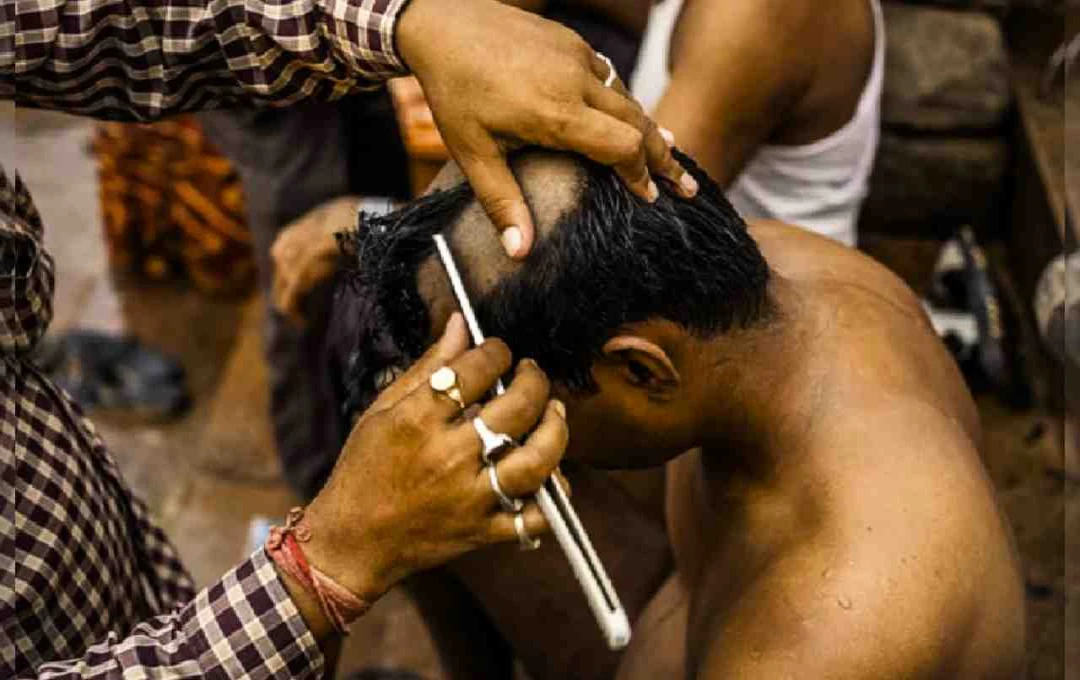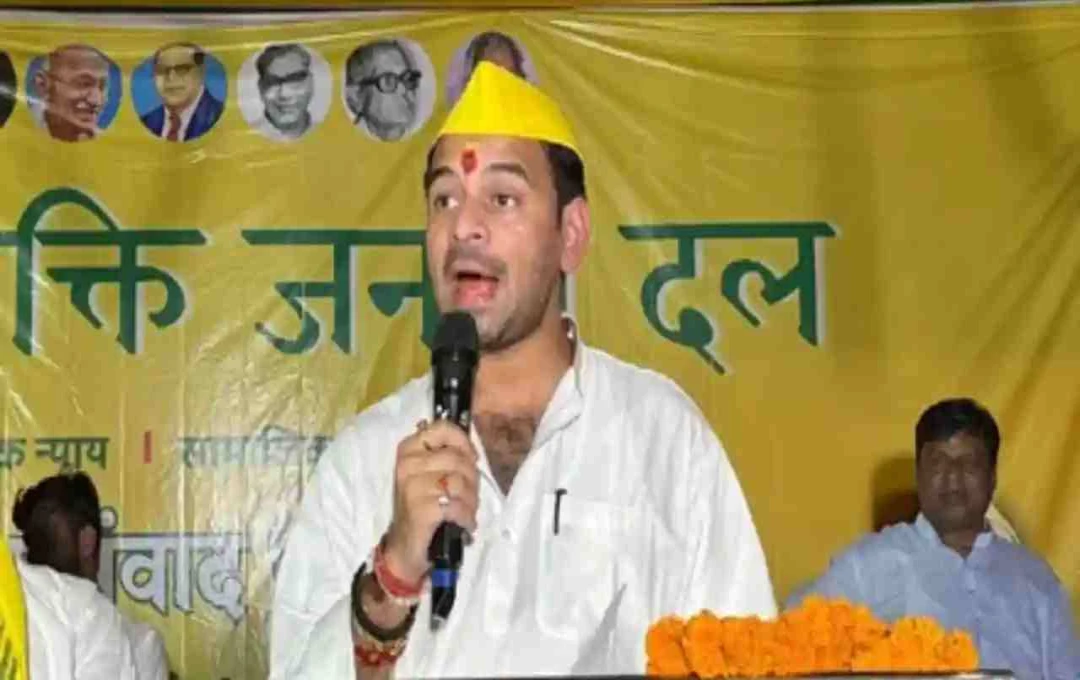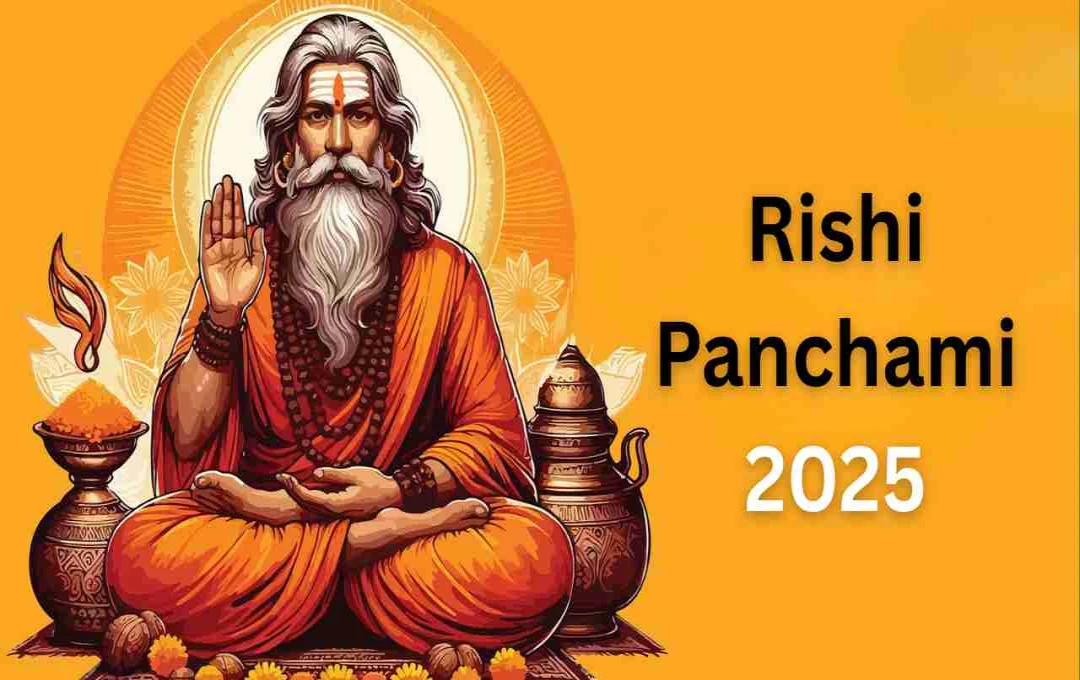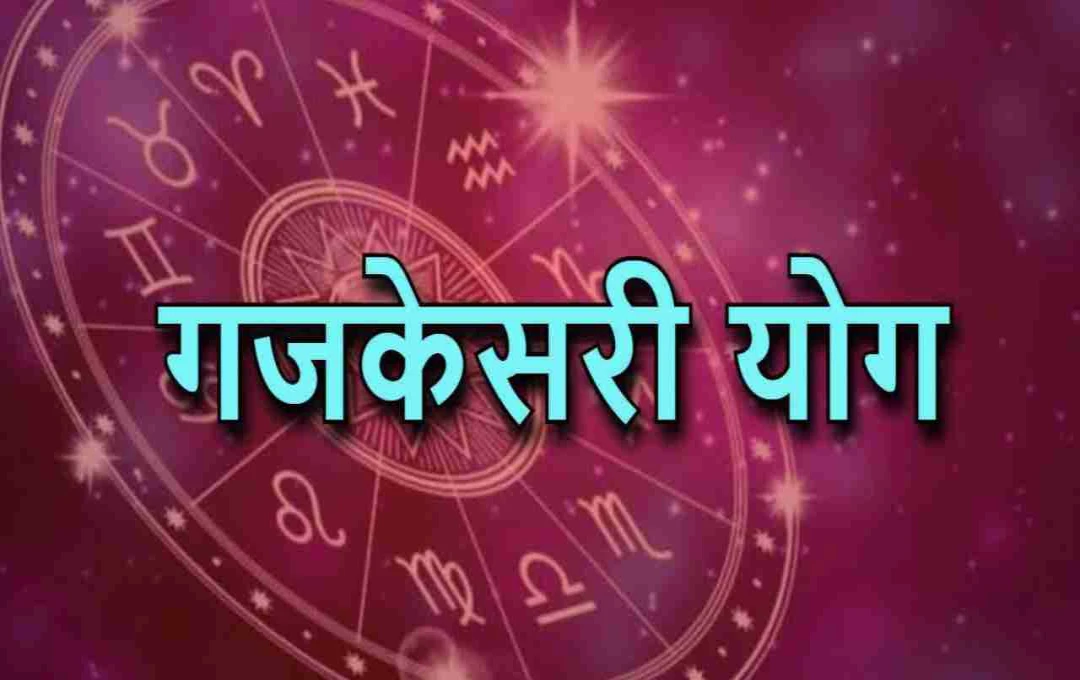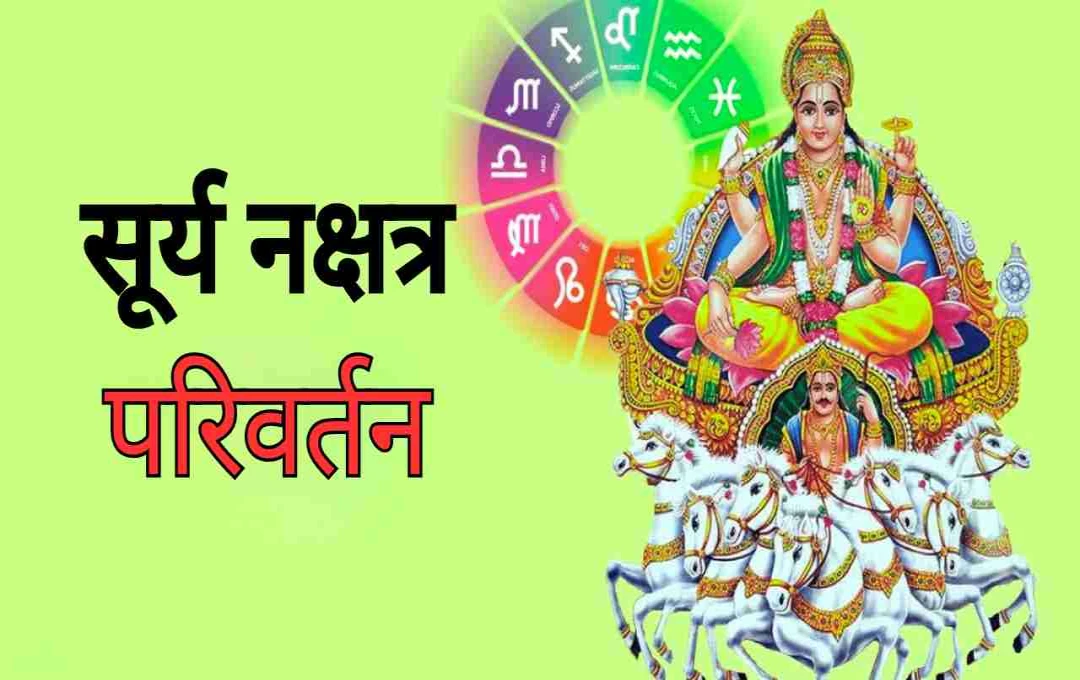In Hinduism, the practice of men shaving their heads after the death of a relative is an ancient tradition. According to the Garuda Purana, this is significant not only from a religious point of view, but also for spiritual and scientific reasons. This tradition is considered a symbol of purification, severing ties with the deceased, and protection from infection.
The Tradition of Shaving the Head: The shaving of men's heads after the death of a relative is a centuries-old tradition that is still observed today. This tradition is mainly part of the religious process following the funeral and is specifically mentioned in the Garuda Purana. It is believed that this ends the subtle connection between the deceased and the relatives, guides the soul to liberation, and purifies the family members. From a scientific point of view, it is also linked to protection from infection and health safety.
Centuries-Old Tradition in Hinduism
In Hinduism, it is considered necessary for family members to observe several religious rules and traditions after the death of a relative. One of the main traditions is the shaving of men's heads. This tradition has been passed down through generations and is considered very important from a religious, spiritual, and scientific point of view. But the question arises, why do family members shave their heads after the funeral, and what beliefs are associated with it? Let's explore in detail.
Beliefs Associated with the Garuda Purana
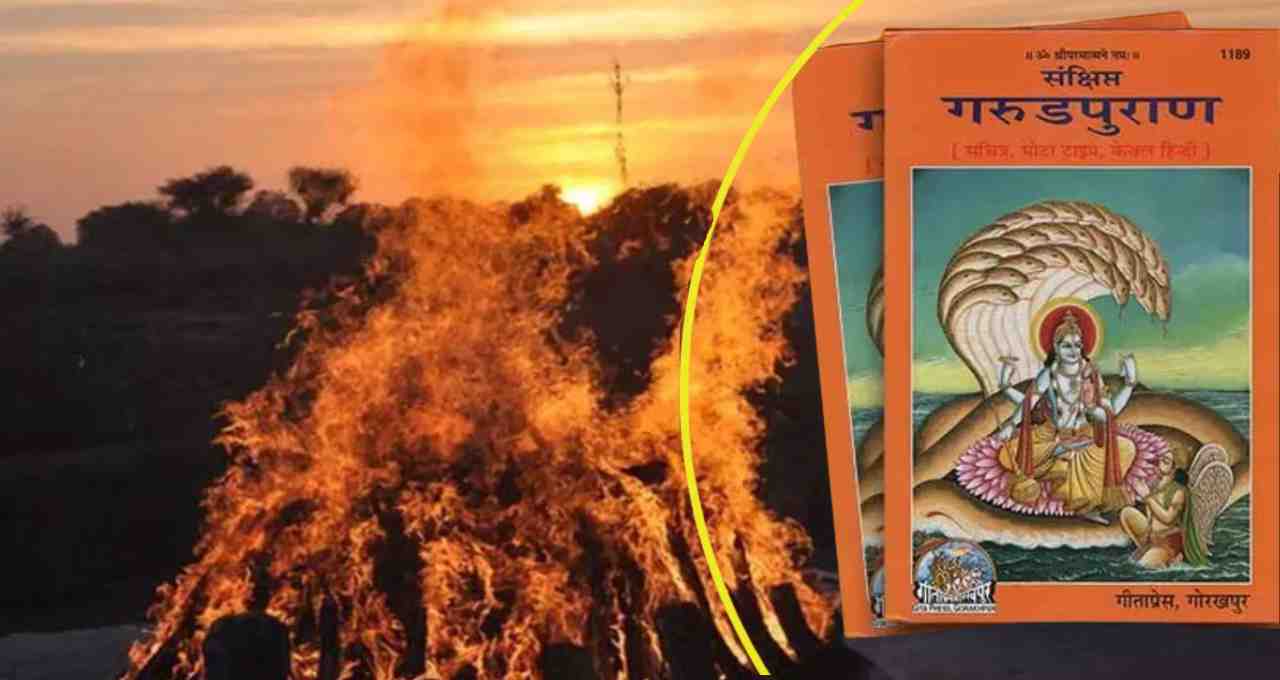
According to the Hindu scripture Garuda Purana, the shaving of men's heads after the death of a family member is considered a mandatory practice. It is believed that at the time of death, the family is affected by sin, which is called an impure period. The tradition of shaving is observed to end this period and attain purity.
Religious belief also states that this process is necessary to break the physical connection with the deceased. Even after the soul departs, a subtle connection remains between the family and the deceased. When men shave their heads, it is believed that this connection ends and helps the soul move towards its next journey.
Spiritual Significance
In Hindu tradition, hair is considered a symbol of pride and ego. In such a situation, when family members shave their heads after the funeral, it directly means that they are renouncing their ego and worldly attachments.
It is also considered a means of showing respect and reverence to the deceased. Through this process, family members express their feelings of grief and devotion. That is, this tradition is not only religious but also holds deep significance from an emotional point of view.
Scientific Reasons
This tradition is not limited to religious beliefs; there are also solid scientific reasons behind it. During the funeral, family members come into contact with the dead body. From a scientific point of view, there may be various types of harmful bacteria on the dead body. These bacteria stick to the hair and do not go away completely even after normal bathing.
In such a situation, the risk of infection may increase. That is why removing the hair from the head completely is considered the safest option. This not only reduces the risk of infection but also proves to be beneficial from a health point of view.
Beliefs Related to the Soul and Energy
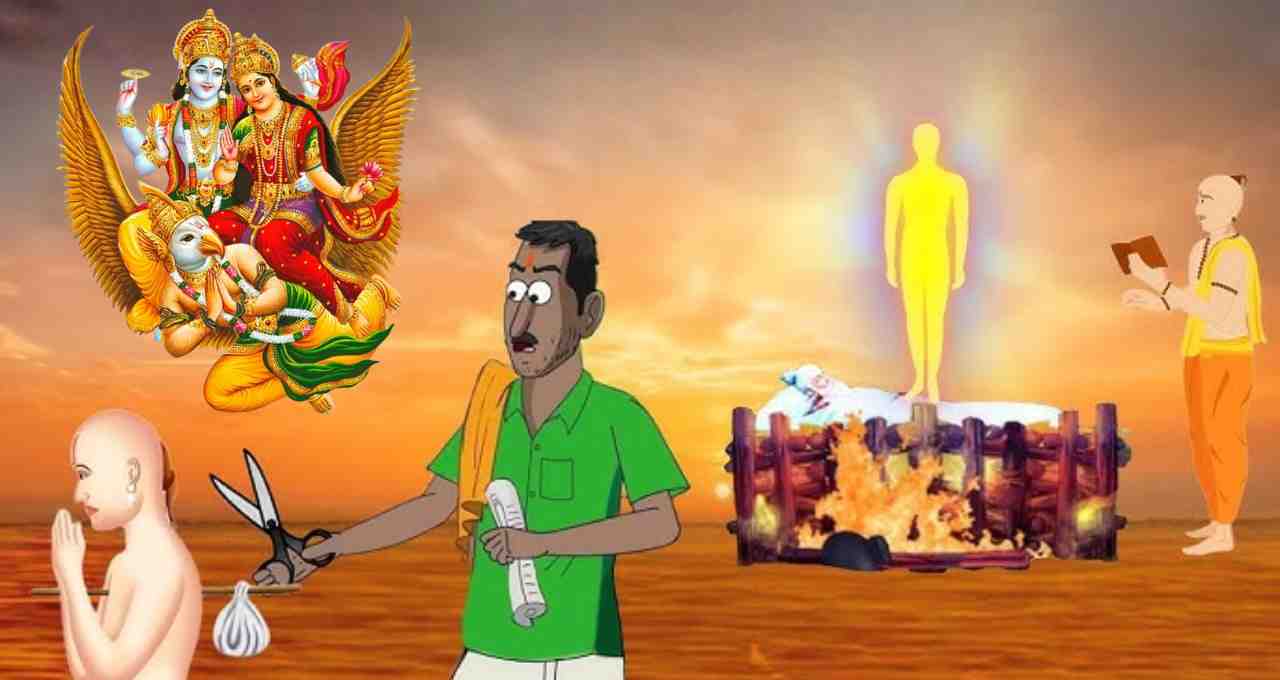
The Garuda Purana also mentions that after death, the soul remains present in the house for about 13 days. During this time, it tries to connect with its family. Traditional belief is that hair quickly absorbs negative energy, and the soul tries to connect with the family through it.
For this reason, the tradition of shaving the head is observed after the funeral, so that this connection between the soul and the family can be ended, and the soul can move forward in its journey.
